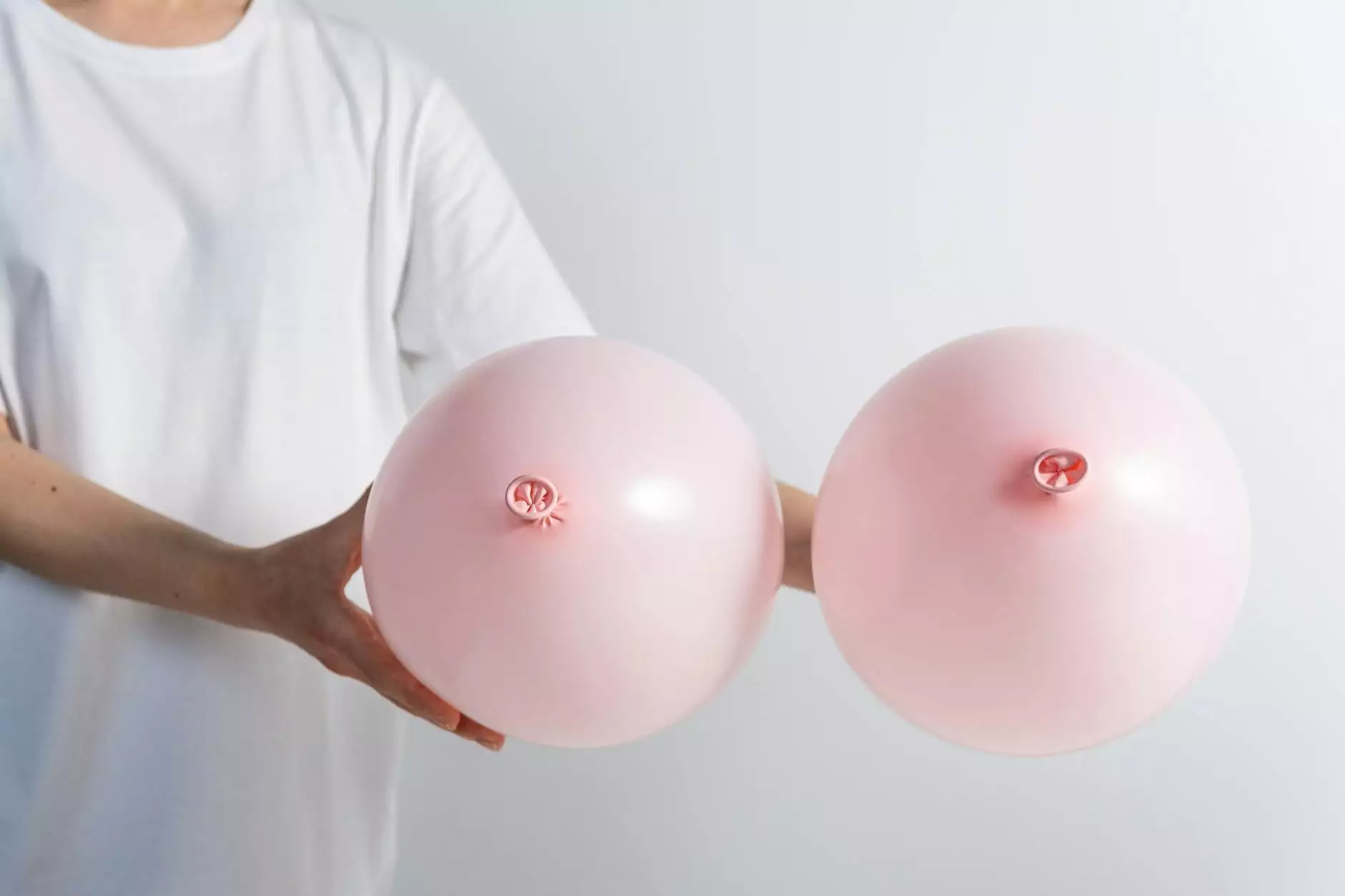The Ultimate Guide to Mortice Locks

Mortice locks are a quintessential component in the realm of security for both residential and commercial properties. As a specifically designed locking mechanism that fits within a cavity, or “mortice,” in the edge of a door, mortice locks provide robust security, reliability, and longevity. In this extensive guide, we will delve into the workings of mortice locks, their benefits, types, installation, maintenance, and why they are essential for safeguarding your premises.
What is a Mortice Lock?
A mortice lock is a type of lock that is anchored within the door frame instead of being mounted on the surface. This design not only provides a cleaner appearance but also significantly enhances security compared to surface-mounted locks. Mortice locks are operated by turning a key, which engages a bolt and secures the door in place. Here are critical components of a typical mortice lock:
- Case: The body of the lock itself, typically made from strong steel.
- Deadbolt: A solid bolt that extends into the frame of the door, offering superior security.
- Lever Mechanism: Components that control the locking and unlocking action when a key is turned.
- Striking Plate: The piece that is installed on the door frame to receive the bolt.
Types of Mortice Locks
Understanding the different types of mortice locks available can help you choose the right one for your needs. Here are the primary types:
1. Deadlock
A deadlock features a single locking mechanism that is engaged by a key on both sides. They are known for their strength and resistance to forced entry.
2. Sash Lock
This type combines a lock and a latch in one unit. It is typically used on doors that need both locking and latching mechanisms, often complemented by a handle.
3. Euro Cylinder Mortice Lock
These locks use a euro cylinder mechanism and are popular in uPVC and composite doors, offering both convenience and security.
4. Nightlatch Mortice LockCommonly used for convenience, nightlatch locks allow you to secure your door without a key while still providing locking capabilities when desired.
Benefits of Mortice Locks
Mortice locks offer numerous advantages that make them an excellent choice for securing homes and businesses:
- Enhanced Security: The design of mortice locks makes them harder to tamper with compared to traditional locks.
- Versatility: Available in a variety of configurations and styles to suit different door types and security needs.
- Durability: Made from high-quality materials, mortice locks stand the test of time, ensuring long-term security.
- Aesthetic Appeal: Their concealed installation offers a sleek appearance without visible hardware.
How to Install a Mortice Lock
Installing a mortice lock is a task that requires precision, as it involves cutting into the door. Here’s a step-by-step guide:
Materials Required
- Mortice lock set
- Chisel and hammer
- Drill and drill bits
- Measuring tape
- Pencil for marking
- Screwdriver
Steps for Installation
- Measure the Door: Determine the correct height and position for the lock, typically around 1 meter from the floor.
- Mark the Lock's Placement: Using a pencil, outline where the mortice will be cut.
- Chisel the Mortice: Carefully chisel the cavity based on your markings, ensuring it is deep enough to accommodate the lock.
- Drill the Keyhole: Drill a hole for the key inside the marked area to allow access to the locking mechanism.
- Insert the Lock: Insert the mortice lock into the prepared cavity and secure it with the supplied screws.
- Attach the Handle: Lastly, fit the handle or knob according to the manufacturer’s instructions.
Maintaining Your Mortice Lock
Regular maintenance of your mortice lock will ensure it remains functional and secure. Here are some tips:
- Lubricate the Lock: Use a graphite-based lubricant to keep the mechanism smooth and functional.
- Clean the Key: Wipe your keys regularly to prevent dirt buildup that could cause issues with the locking mechanism.
- Check for Wear: Inspect the lock and handle periodically for signs of wear or damage.
- Call a Professional: If you have concerns or issues with your lock, consult a locksmith for evaluation and potential repairs.
Why Choose Kaukaban for Your Mortice Locks
When selecting mortice locks for your property, it is essential to choose a trusted supplier. Kaukaban offers a broad range of locks detailed with superior quality, ensuring high-level security for your home or business. With an impressive collection under the categories of Keys & Locksmiths and Hardware Stores, Kaukaban stands out for several reasons:
- Quality Assurance: Kaukaban ensures that all mortice locks meet high standards of quality and security.
- Expert Advice: Their team of professionals is always available to provide guidance on the best lock options tailored to your needs.
- Wide Selection: With a variety of locks to choose from, you can find the perfect fit for any door.
- Exceptional Customer Service: Kaukaban is committed to customer satisfaction, ensuring all inquiries and issues are promptly addressed.
Conclusion
In conclusion, mortice locks are an integral part of any effective security strategy for homes and businesses. Their robust design, versatility, and aesthetically pleasing installation make them a preferred choice for many. Understanding installation methods, regular maintenance, and why Kaukaban is your go-to supplier will empower you to make informed decisions regarding your security needs. Ensure the safety of your property with the best mortice locks available in the marketplace today!
For more information on mortice locks and other locking mechanisms, please visit Kaukaban. Secure your premises with confidence!









